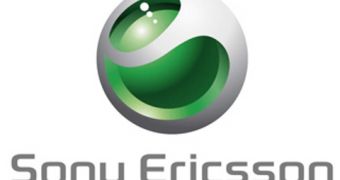After an initiative supported by Sony Ericsson, EU legislators are currently reviewing the EU Restrictions on Hazardous Substances (RoHS) directive and analyzing the future restrictions applied in the electronics manufacture industry. A group comprised of HP, Acer, Dell, Sony Ericsson, ChemSec, Clean Production Association and the European Environmental Bureau has requested that the use of certain materials be forbidden. According to the group, all brominated flame retardants (BFR) and polyvinyl chloride (PVC) substances currently used in the electronics industry should be banned starting with the end of 2015. The RoHS Directive has already restricted the use of two types of BFRs, as well as a number of heavy metals.
“Sony Ericsson is committed to a complete phase-out of halogenated organic substances from its products, and at the current time has phased out almost all brominated flame retardants (BFR),” Daniel Paska, environmental expert at Sony Ericsson, said. “We believe the electronics industry has a responsibility to move proactively to find substitutes to replace BFR and PVC and are therefore calling on EU legislators to show leadership on this issue by voting to tighten the RoHS directive.”
According to Alexandra McPherson, managing partner at Clean Production Action, these restrictions will be very useful, since the electronic industry will be directed towards the use of safer, more environmentally friendly materials. The group has also asked the EU to consider the fact that these substances, when incinerated, have the potential of creating some of the most toxic chemicals made by humans. Christian Schaible of the EEB highlighted the fact that RoHS's main and most important objective was to protect human health, while also trying to contribute to the environment's sound recovery.
Polyvinyl chlorides and brominated flame retardants pose extremely high risks to human health as well as the environment. When incinerated, these materials can transform into dioxins and furans, two substances capable of causing cancer, neurological damage or birth defects. The fact that dioxins and furans are highly persistent in the environment makes them even more dangerous. The International Stockholm Convention has classified chlorinated dioxins resulted from the incineration of PVC as one of the most toxic global pollutants. According to a study conducted by ChemSec, more than 500 products from over 28 companies no longer contain PVC and BFRs.

 14 DAY TRIAL //
14 DAY TRIAL //